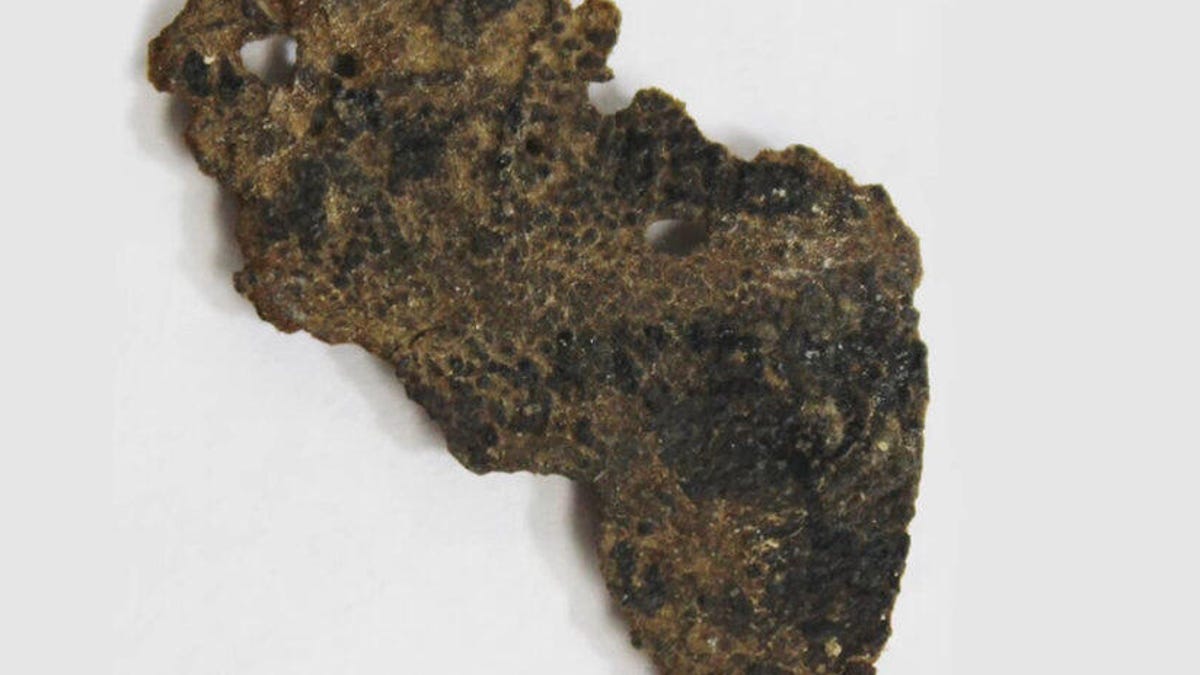Museum of the Bible discovers its Dead Sea Scrolls are all modern fakes
Someone tried to pull a fast one on biblical history.
The Museum of the Bible in Washington, DC, possessed a prized exhibit: 16 fragments from the Dead Sea Scrolls, part of what it described as "one of the most important archaeological discoveries of the 20th century." The museum now knows the scrolls in its collection are modern forgeries.
The Dead Sea Scrolls were first discovered in the 1940s hidden away in caves near Jerusalem. The 2,000-year-old artifacts represent some of the oldest-known manuscripts of the Hebrew Bible.
The museum already knew some of its fragments were fake after earlier testing. It had removed those fragments from display in 2018 and later brought in forgery specialists Art Fraud Insights to investigate the rest of its collection.
"After an exhaustive review of all the imaging and scientific analysis results, it is evident that none of the textual fragments in Museum of the Bible's Dead Sea Scroll collection are authentic," Art Fraud Insights founder Colette Loll said in a release on Friday. "Moreover, each exhibits characteristics that suggest they are deliberate forgeries created in the twentieth century with the intent to mimic authentic Dead Sea Scroll fragments."
Art Fraud Insights released a detailed report on the findings through its website. The fragments mostly appeared to be written on repurposed pieces of ancient leather coated with animal skin glue that helped them match the appearance of authentic scroll pieces.
The report doesn't cast doubt on the Dead Sea Scrolls housed at the Shrine of the Book Complex in Jerusalem. That collection includes the first scrolls found in 1947.
The Museum of the Bible is holding a conference on the forgery findings this weekend and will announce plans to rework its current Dead Sea Scrolls exhibit.
The museum's collection represents a sample of supposed fragments that reached the market starting in 2002 and made their way into the hands of museums and private collectors.
"The sophisticated and costly methods employed to discover the truth about our collection," said Museum of the Bible curator Jeffrey Kloha, "could be used to shed light on other suspicious fragments and perhaps even be effective in uncovering who is responsible for these forgeries."


